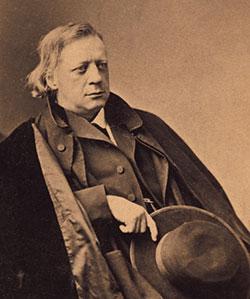

By contrast, incremental theorists believe that characteristics are shaped by the environment and personal growth and are thus malleable and changeable ( Chiu et al., 1997b Hughes, 2015). Entity theorists believe that one’s personal characteristics are decided by inheritance and innateness and are thus fixed and unchangeable ( Dweck et al., 1993 Hughes, 2015). In general, there are two types of implicit theories: incremental theory and entity theory ( Dweck and Leggett, 1988 Hong et al., 1997, 1999). These theories pertain to the nature of human attributes and propose that individuals have different epistemological understandings of the world ( Dweck et al., 1995a Molden and Dweck, 2006). Implicit theories have enjoyed several decades of empirical interest and support. Taken together, the results of our four studies were consistent with our hypotheses.

In Study 4, implicit theories were primed through a new manipulation, and the participants in the unstable condition (primed incremental theory) showed more discrimination than those in the other three conditions. In Study 3, implicit theories were primed through reading articles, and the participants in the incremental condition showed more cheating than those in the entity condition. In Study 2, implicit theories, which were measured, positively predicted the degree of discrimination against carriers of the hepatitis B virus. Then, the relationship was further replicated from the actor perspective in Studies 2–4. The association between implicit theories and immoral behavior was preliminarily examined from the observer perspective in Study 1, and the results showed that people tended to associate immoral behaviors (including everyday immoral intention and environmental destruction) with an incremental theorist rather than an entity theorist. Four studies were conducted to explore the effect of these two types of implicit theories on immoral intention or practice. Incremental theorists are less likely to make the fundamental attribution error (FAE), rarely make moral judgment based on traits and show more tolerance to immorality, relative to entity theorists, which might decrease the possibility of undermining the self-image when they engage in immoral behaviors, and thus we posit that incremental beliefs facilitate immorality. The present research focuses on whether individuals who hold the implicit belief that people’s moral character is fixed (entity theorists) and individuals who hold the implicit belief that people’s moral character is malleable (incremental theorists) make different choices when facing a moral decision. Implicit theories drastically affect an individual’s processing of social information, decision making, and action. 4The General Hospital of the PLA Rocket Force, Beijing, China.3National Demonstration Center for Experimental Psychology Education, Beijing Normal University, Beijing, China.2Beijing Key Lab of Applied Experimental Psychology, Beijing, China.1Faculty of Psychology, Beijing Normal University, Beijing, China.Niwen Huang 1,2,3†, Shijiang Zuo 1,2,3†, Fang Wang 1,2,3*, Pan Cai 1,2,3 and Fengxiang Wang 4


 0 kommentar(er)
0 kommentar(er)
